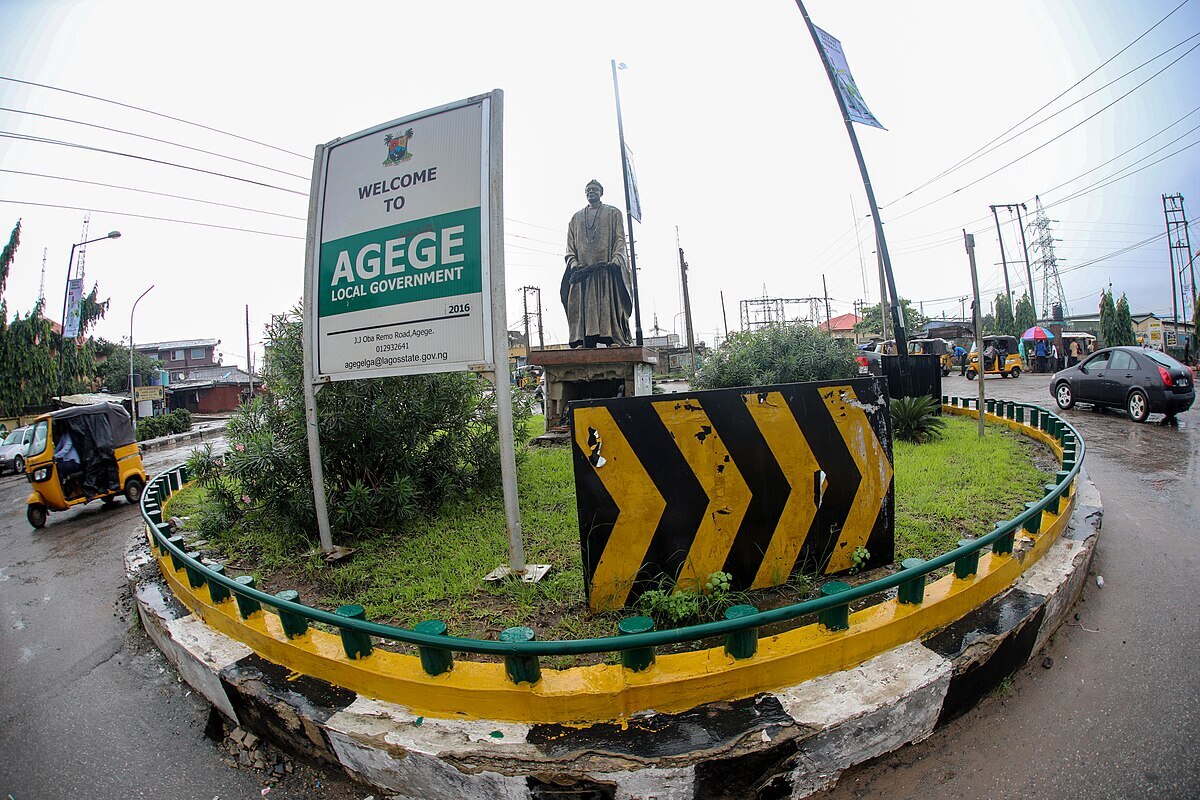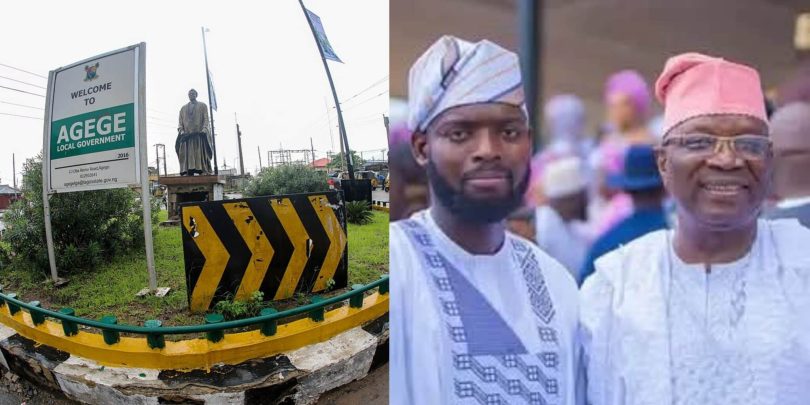Hon. Tunde Azeez, popularly known as Disco, has officially resigned as the Executive Chairman of Agege Local Government, Lagos State, citing persistent health challenges.
Azeez, who had been on medical leave since the swearing-in of the council administration, submitted his resignation letter to the legislative arm of the local government.

The letter, read by the Leader of the House, Adeshina Haruna, confirmed that the former chairman stepped down due to the deteriorating nature of his health, which made it difficult for him to fulfil his duties effectively.
The council legislators accepted the resignation after deliberation, expressing gratitude for Azeez’s service and wishing him full recovery and success in future endeavours.
His departure brings to an end a tenure marked by both administrative diligence and underlying political tension.
Ganiu Obasa takes over leadership
Following the resignation, Ganiu Obasa, son of the Speaker of the Lagos State House of Assembly, Rt. Hon. Mudashiru Obasa, has assumed office as the new Executive Chairman of Agege Local Government.
Ganiu previously served as the Vice Chairman under Azeez’s administration and automatically stepped in as the substantive chairman in line with local government succession procedures.
His emergence as the All Progressives Congress (APC) candidate for the vice-chairmanship position came after strong opposition from some party members who rejected his earlier bid to contest for the chairmanship seat.
Despite being disqualified at the time, his eventual elevation has reignited debate among stakeholders in Agege.
Allegations of political imposition resurface
The transition has once again stirred controversy within the local APC structure, as some party stakeholders and residents allege that the succession was pre-planned to favour the Speaker’s son.
Placards bearing inscriptions such as “Red Card, Obasa O to ge (It is enough)” were displayed as protesters called for internal democracy within the ruling party.
While Ganiu Obasa’s camp has maintained that his emergence followed due process, some residents insist that the development reinforces fears of political dominance and the marginalisation of local voices in Agege’s political space.

